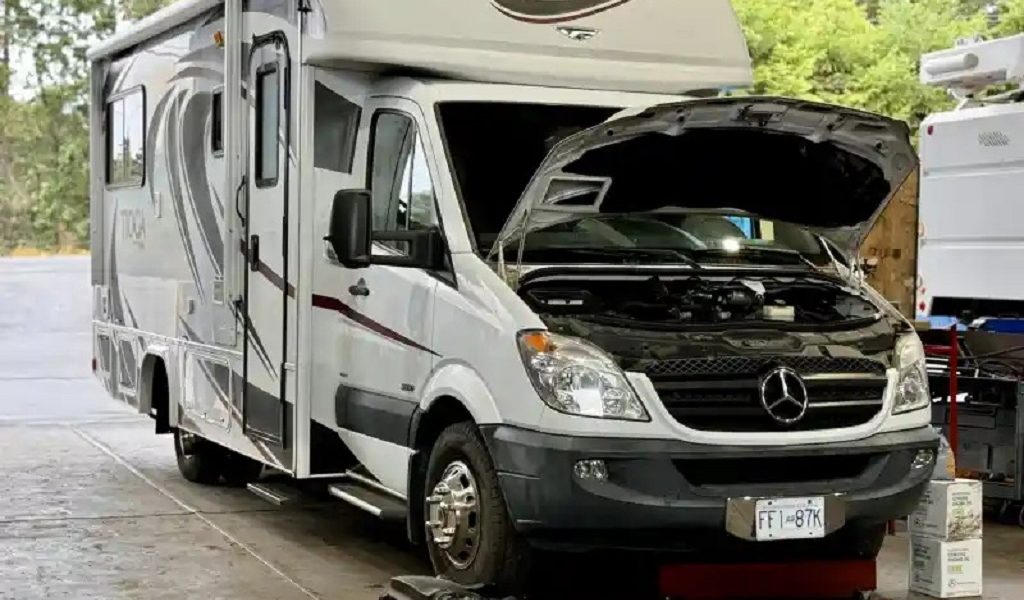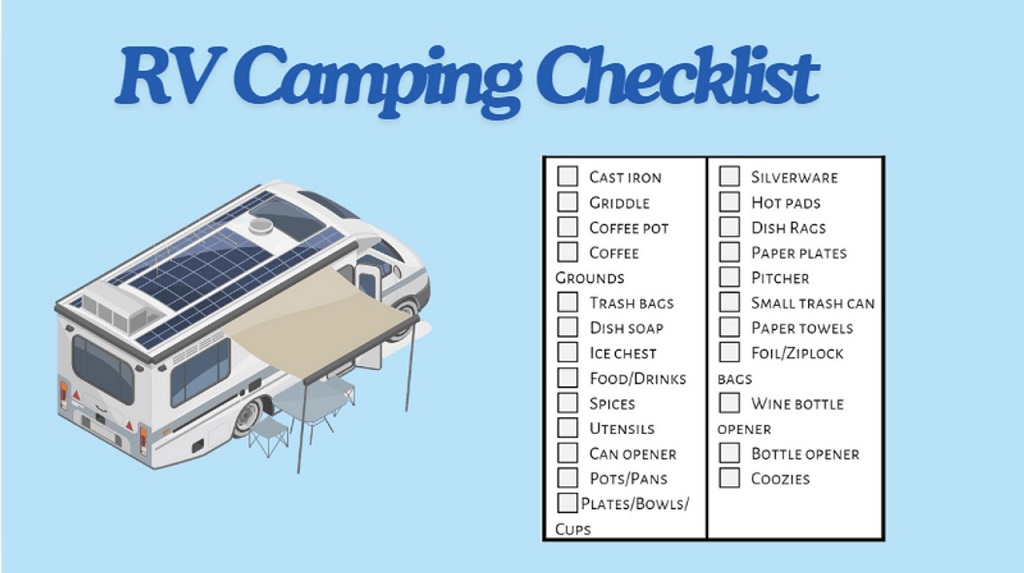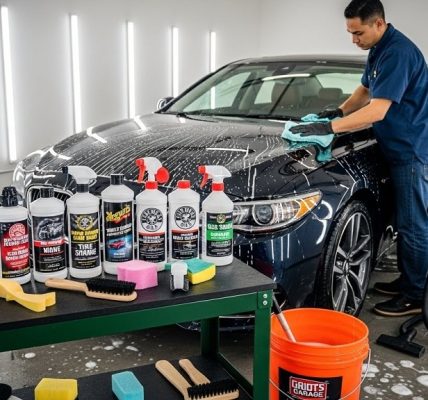Owning a motorhome RV opens the door to unforgettable adventures, from cross-country road trips to cozy weekend getaways. However, keeping your RV in top shape requires regular maintenance to ensure safety, reliability, and comfort. At Local Motorhomes, we understand the importance of a well-maintained RV. This article provides a comprehensive checklist for general service on your motorhome RV, helping you stay prepared for every journey. By following these steps, you can avoid costly repairs and enjoy worry-free travels.
Why Regular Maintenance Matters
Regular maintenance is the key to extending the life of your motorhome RV. Neglecting small issues can lead to major problems, such as engine failure or electrical issues, which can derail your travel plans. A thorough list of general service on your motorhome RV ensures your vehicle is ready for the road. For detailed guidance, check out this essential motorhome repairs and maintenance guide from Local Motorhomes, which covers everything from routine checks to professional servicing tips.
Engine and Mechanical Checks
The engine is the heart of your motorhome RV, and keeping it in peak condition is critical. Regular checks prevent breakdowns and ensure smooth performance.
- Check engine oil levels and replace oil every 3,000–5,000 miles or as recommended by the manufacturer.
- Inspect the air filter for dirt and replace it if clogged to maintain fuel efficiency.
- Examine the coolant levels to prevent overheating, especially before long trips.
- Test the battery for proper charge and clean any corrosion on terminals.
- Verify that brakes, including pads and rotors, are in good condition.
Additionally, schedule a professional tune-up annually to address any underlying issues. This keeps your RV running efficiently and reduces the risk of unexpected repairs.
Tire Maintenance for Safety
Tires are your RV’s connection to the road, so proper care is essential for safety and handling. Inspect tires before every trip and during routine maintenance.
- Check tire pressure when tires are cold, using the recommended PSI from your RV’s manual.
- Look for signs of wear, such as uneven tread or cracks, and replace tires every 5–7 years.
- Rotate tires every 6,000–8,000 miles to promote even wear.
- Ensure the spare tire is in good condition and easily accessible.
Proper tire maintenance improves fuel economy and prevents blowouts, making it a critical part of your service checklist.
Electrical System Inspection
Your motorhome’s electrical system powers everything from lights to appliances. A quick inspection can prevent inconvenient failures.
- Test all interior and exterior lights, replacing any burnt-out bulbs.
- Check the generator for proper operation, especially if you rely on it for off-grid camping.
- Inspect wiring for fraying or damage, particularly in high-use areas like slide-outs.
- Verify that the house batteries are holding a charge and top off fluid levels if needed.
Regular electrical checks ensure your RV’s systems function properly, whether you’re parked or on the move.
Plumbing and Water Systems
The plumbing system in your motorhome RV provides water for cooking, cleaning, and showering. Regular maintenance keeps it leak-free and sanitary.
- Inspect water lines and connections for leaks or cracks.
- Flush the freshwater tank and add a cleaning solution to remove buildup.
- Check the water pump for proper pressure and listen for unusual noises.
- Drain and clean the gray and black water tanks, ensuring valves operate smoothly.
- Replace water filters as recommended to maintain water quality.
Proper care of your plumbing system prevents contamination and ensures a steady water supply during your travels.
Exterior Maintenance
Your RV’s exterior faces constant exposure to the elements, so regular upkeep protects its appearance and structural integrity.
- Wash the exterior to remove dirt, bugs, and road grime, which can damage paint.
- Inspect seals around windows, doors, and slide-outs for cracks or gaps, resealing as needed.
- Check the roof for damage, such as tears or loose seams, and clean it to prevent mold.
- Lubricate slide-out mechanisms and awnings to ensure smooth operation.
Maintaining the exterior not only keeps your RV looking great but also prevents costly repairs from water damage or wear.
Interior Care and Comfort
A well-maintained interior ensures a comfortable living space during your trips. Regular cleaning and checks keep everything in order.
- Vacuum and clean upholstery, carpets, and curtains to remove dust and allergens.
- Test heating and cooling systems, including vents and filters, for proper airflow.
- Inspect appliances like the refrigerator, stove, and microwave for functionality.
- Check smoke and carbon monoxide detectors, replacing batteries as needed.
A clean and functional interior makes your RV feel like a home away from home, enhancing your travel experience.
Propane System Safety
Many RVs rely on propane for cooking, heating, and refrigeration. Safety checks are crucial to prevent leaks or hazards.
- Inspect propane tanks and lines for leaks using a soapy water solution.
- Ensure propane valves and regulators are functioning correctly.
- Check the expiration date on propane tanks, as most need recertification after 12 years.
- Verify that propane-powered appliances are operating safely.
Always store propane tanks properly and turn off the supply when not in use to ensure safety.
Seasonal Maintenance Tips
Different seasons bring unique challenges for RV maintenance. Tailor your checklist to the time of year.
- Spring: Inspect for winter damage, clean the exterior, and test all systems before your first trip.
- Summer: Focus on tire pressure and cooling systems to handle heat and long drives.
- Fall: Prepare for storage by draining water systems and checking seals to prevent leaks.
- Winter: Winterize your RV by draining all water lines and adding antifreeze to prevent freezing.
Adapting your maintenance routine to the season ensures your RV is ready for any weather condition.
When to Seek Professional Help
While many maintenance tasks can be done yourself, some require professional expertise. Complex issues like engine repairs, electrical faults, or major plumbing problems are best handled by certified technicians. Additionally, annual inspections by a professional can catch issues you might miss. Schedule these services well in advance, especially before peak travel seasons, to avoid delays.
Read More Also: Toyota Camry XV40 Transmission Shudder Diagnosis
Conclusion
Keeping your motorhome RV road-ready requires consistent attention to its many systems. By following this general service checklist, you can maintain your engine, tires, electrical, plumbing, and more, ensuring safe and enjoyable travels. Regular maintenance not only prevents breakdowns but also extends the life of your RV, saving you money in the long run. Whether you’re a weekend camper or a full-time RVer, staying proactive with your checklist keeps your adventures on track. For more detailed tips, visit Local Motorhomes to explore their expert guides.
Read More Also: Thermostat Replacement Car
Frequently Asked Questions
How often should I service my motorhome RV?
Perform basic checks before every trip and schedule a full service annually. Major components like oil changes or tire rotations should follow manufacturer guidelines, typically every 3,000–6,000 miles.
What is the most important part of RV maintenance?
Engine and tire maintenance are critical, as they directly impact safety and performance. However, all systems, including plumbing and electrical, should be regularly checked to avoid issues.
Can I perform RV maintenance myself?
Many tasks, like checking tire pressure or cleaning water tanks, are DIY-friendly. However, complex repairs, such as engine or electrical work, should be handled by professionals.
How do I winterize my motorhome RV?
Drain all water from tanks and lines, add RV-safe antifreeze, and seal windows and vents. Store your RV in a dry, covered area to protect it from harsh weather.
Where can I find reliable RV maintenance resources?
Visit Local Motorhomes for expert guides on RV maintenance and repairs, or consult your RV’s manual for specific recommendations.






